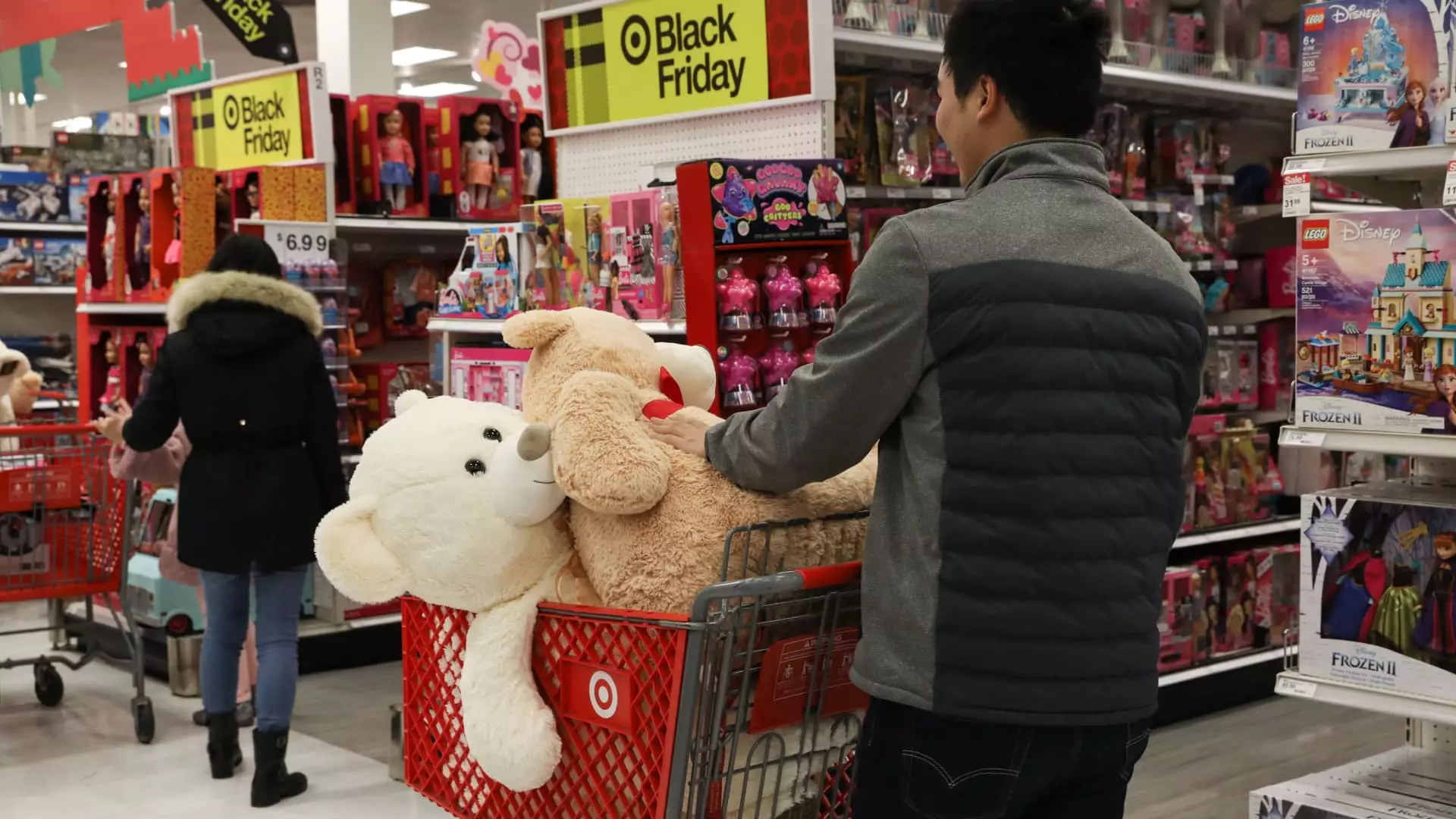The landscape of the American toy industry is shifting dramatically, and the implications are far-reaching. As President Donald Trump’s administration recently expanded its trade war with crippling tariffs, the 46% levy on imports from Vietnam and the staggering 54% on Chinese goods spell doom for affordability. Within a matter of weeks, these tariffs are set to send toy prices skyrocketing. This reality presents a dual threat: not only are costs going up, but the diversity of toys available to American children risks diminishing. The government’s decision to impose these steep tariffs demonstrates a striking disregard for both consumers and the domestic toy manufacturing sector.
With 77% of toys sold in the United States coming from China, the importance of maintaining productive relationships with foreign manufacturers cannot be overstated. David Bensman, an industry expert, expressed concerns, noting how essential it is for U.S. companies to maintain partnerships with supplier nations. When these ties fray, the repercussions will be felt not just at the store level but also in the homes of millions of American families. Affordability immediately becomes a pressing issue, especially as toys that used to cost a modest amount become luxury items priced out of everyday reach.
The Ripple Effect on Economic Health
The current conditions pose a unique challenge for businesses like Hasbro and Mattel. Under the weight of these new tariffs, financial analysts predict a wave of adverse impacts, not just for companies but for the market as well. Stocks have already begun to tumble, signaling a loss of investor confidence; Mattel stocks plummeted over 16.5% at one point. These massive fluctuations indicate that the government may not fully grasp the trickle-down effect of their economic policies.
It’s worth probing the question: who suffers most? Unfortunately, the brunt of these tariffs will not hit wealthy families. It will be low- and middle-income households that feel the financial strain, where parents already grapple daily with budgets crudely stretched thin. Just as the economic ripple dips down from corporations to consumers, the pain is not evenly distributed. Families accustomed to buying toys as staples may now view them as luxuries, something that can be postponed or, worse, entirely forsaken.
Corporate Inertia in the Face of Economic Pressure
Despite their best efforts, major toy companies face significant obstacles in adjusting their production strategies. Historically, companies like Mattel and Hasbro have leaned on manufacturing plants in China for cost-effective production. With stiff tariffs imposed not only on China but also on countries like Vietnam and Indonesia, the flexibility to relocate production becomes severely restricted. Even if companies find alternate manufacturing sites, the financial implications of these tariffs make an immediate shift untenable.
As the turmoil unfolds, it raises a troubling question about the economic philosophies driving such heavy-handed policies. Are we really aiming for a prosperous economy—one grounded in efficient production and accessible goods—or something else entirely? Left unchecked, these tariff ramifications could foster a monopolistic market in which only the most affluent can afford toys for their children, thus eroding the very fabric of a diverse and vibrant consumer economy.
Consumer Backlash and Political Consequences
As consumer sentiment shifts in response to increasing costs, one cannot ignore the potential for a backlash against the political forces driving these policies. While tariffs may be touted as necessary measures for national interests, they create real hardships for Americans, particularly those who are already struggling. The upcoming holiday season may serve as a litmus test; families may opt to forego gifts as they confront inflated prices. This political gamble could very well backfire on those who favor overly aggressive protectionist policies.
There’s a societal cost here that extends beyond simple dollars and cents. The joy associated with holiday gifts, birthday celebrations, and everyday pleasure derived from toys will be tarnished if parents feel compelled to explain why Santa can no longer deliver common gifts. In a nation built on ideals of equality and opportunity, such developments could undermine social cohesion and feed into the cycle of disillusionment among constituents.
As families find themselves weighing toy expenses against necessities, one must hope that the powers that be turn their attention to solutions that encompass not just corporate interests but human ones, as well. Failure to adjust course may not just threaten toy prices but could fracture the very bonds that unite our society, leading to discontent that reverberates through various sectors and communities.

